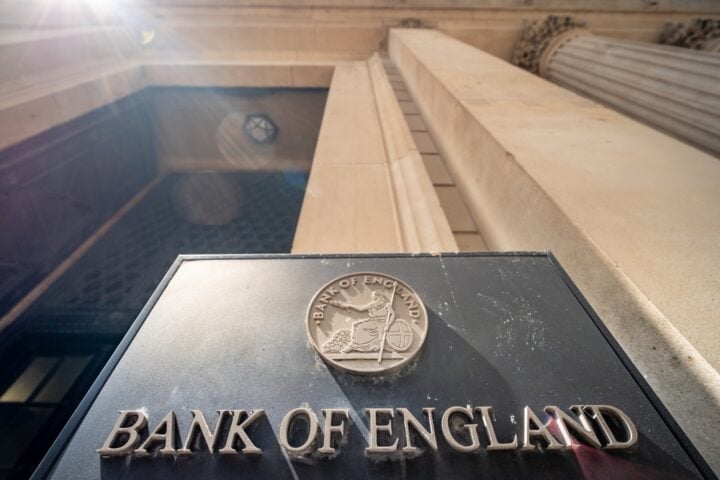Oil prices rose about 4% on Tuesday, driven by signs of higher demand in Europe and China, geopolitical tensions in the Middle East, and a recovery after prices collapsed to a four-year low the previous day. The rally came after OPEC+ decided to boost oil output, increasing market uncertainty.
Oil Price Recovery After a Major Decline
Brent crude futures rose $2.37, or 3.9%, to $62.60 per barrel, while U.S. West Texas Intermediate (WTI) crude gained $2.42, or 4.2%, reaching $59.55. Both benchmarks rebounded after hitting their lowest settlements since February 2021, moving out of technically oversold territory.
OPEC+ Decision and Geopolitical Tensions
The rise in oil prices followed OPEC+’s decision over the weekend to accelerate oil production hikes for the second consecutive month. Analysts noted that market players are now focusing on trade developments and potential deals, while geopolitical risks in the Middle East also contributed to the price surge. This follows Israel’s airstrikes on Iran-backed Houthi targets in Yemen as retaliation for an attack on Ben Gurion airport.
Increased Spending and Demand in China
China, the world’s largest oil importer, saw increased consumer spending during its May Day celebrations, contributing to the rise in oil prices. As market participants returned after a five-day holiday, analysts pointed out that buyers in China were eager to secure oil at current low levels, further supporting the price bounce.
Weaker U.S. Dollar and Economic Data
In the U.S., the dollar weakened to a one-week low against a basket of currencies, as uncertainty surrounding trade deals and tariffs grew. A weaker U.S. dollar makes dollar-priced oil less expensive for buyers using other currencies, providing additional support for higher prices.
European Growth and Trade Tensions
In Europe, companies are expected to report modest growth of 0.4% in first-quarter earnings, an improvement over previous expectations of a 1.7% drop. However, geopolitical tensions remain, with the European Commission proposing new sanctions against Russia’s shadow fleet in response to the invasion of Ukraine.
U.S. Trade Deficit and Economic Outlook
The U.S. trade deficit widened to a record high in March as businesses increased imports ahead of tariffs, contributing to a negative GDP growth in the first quarter. Despite these challenges, analysts predict the U.S. economy will avoid a full-blown recession, with GDP growth expected to slow from 2.8% last year to around 1.5% in 2025.
The Fed’s Role and Oil Demand
The U.S. Federal Reserve is expected to leave interest rates unchanged this week as it navigates the economic impact of tariffs. While an interest rate cut could spur economic growth and boost oil demand, higher rates are being used to combat inflation, making the economic outlook and its effect on oil prices uncertain.







